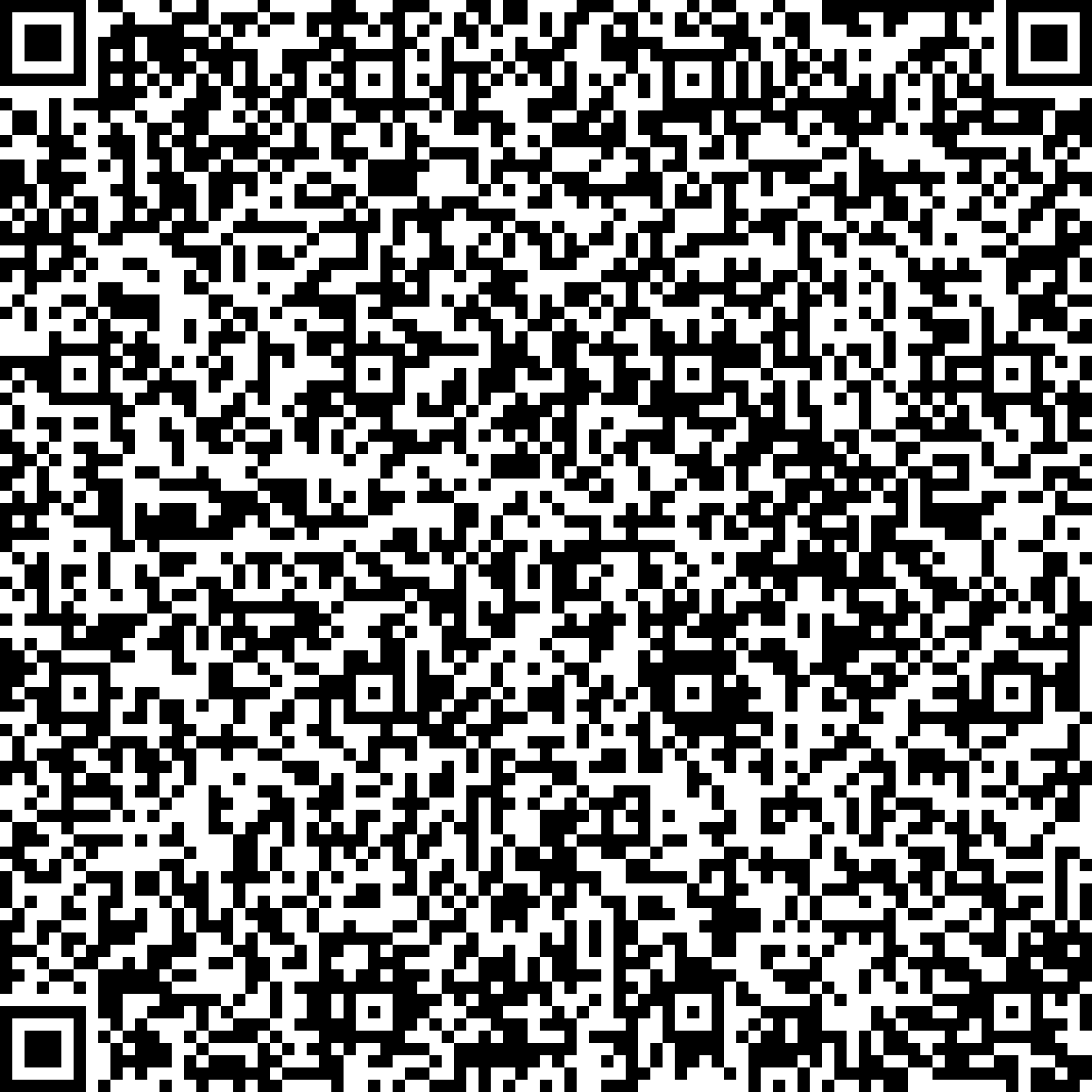


The precise knowledge of antibody epitopes is important not only for the characterization of monoclonal antibodies. It helps to design simple and still well differentiating diagnostic tools for a personalized investigation of our immune response in all kinds of disease. A new way of rapid epitope fingerprinting is presented. This approach involves using a novel peptide phage display library in single selection rounds in combination with NGS. It is an excellent tool for example in antibody development and QC as well as studies of the complete antibody immunome related to vaccines, allergies, autoimmune disease or ADA studies. Traditionally, the screening for “binders” from biological combinatorial libraries is depending on repeated selections and enrichment of a few individual clones. This process suffers from the depletion of the pool of binding sequences as well as the enrichment of background binders. There is no real alternative when using standard peptide phage libraries, where the distribution of amino acids and even more the statistics of short motifs within larger sequences are severely biased. We have generated a new library with uniform amino acid distribution based on trinucleotide synthesis of the randomized peptide gene. Several other improvements were necessary regarding the phagemid vector and novel software enabling statistical analyses of the peptide gene pool obtained from sequencing a large fraction of the bound clones already after the first selection round. In contrast to recent approaches focused on enriched full length sequences we are able to see statistical deviations from expected values even within the 4mer motifs found in a data set of a few hundred thousand sequences. Applied to individual antibodies and even pools of antibodies in sera this allows to identify up to hundreds of enriched individual antigen epitope motifs. Their compilation results in a detailed fingerprint of an antibody’s binding abilities, reaching far beyond what is usually possible with other epitope mapping approaches. In addition this method is fast, reliable for most types of epitopes and comparably economic with respect even to the minute amounts of antibody required as they are found in patient sera.



The precise knowledge of antibody epitopes is important not only for the characterization of monoclonal antibodies. It helps to design simple and still well differentiating diagnostic tools for a personalized investigation of our immune response in all kinds of disease. A new way of rapid epitope fingerprinting is presented. This approach involves using a novel peptide phage display library in single selection rounds in combination with NGS. It is an excellent tool for example in antibody development and QC as well as studies of the complete antibody immunome related to vaccines, allergies, autoimmune disease or ADA studies. Traditionally, the screening for “binders” from biological combinatorial libraries is depending on repeated selections and enrichment of a few individual clones. This process suffers from the depletion of the pool of binding sequences as well as the enrichment of background binders. There is no real alternative when using standard peptide phage libraries, where the distribution of amino acids and even more the statistics of short motifs within larger sequences are severely biased. We have generated a new library with uniform amino acid distribution based on trinucleotide synthesis of the randomized peptide gene. Several other improvements were necessary regarding the phagemid vector and novel software enabling statistical analyses of the peptide gene pool obtained from sequencing a large fraction of the bound clones already after the first selection round. In contrast to recent approaches focused on enriched full length sequences we are able to see statistical deviations from expected values even within the 4mer motifs found in a data set of a few hundred thousand sequences. Applied to individual antibodies and even pools of antibodies in sera this allows to identify up to hundreds of enriched individual antigen epitope motifs. Their compilation results in a detailed fingerprint of an antibody’s binding abilities, reaching far beyond what is usually possible with other epitope mapping approaches. In addition this method is fast, reliable for most types of epitopes and comparably economic with respect even to the minute amounts of antibody required as they are found in patient sera.